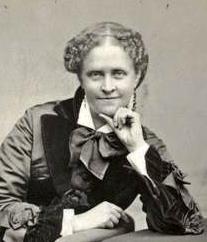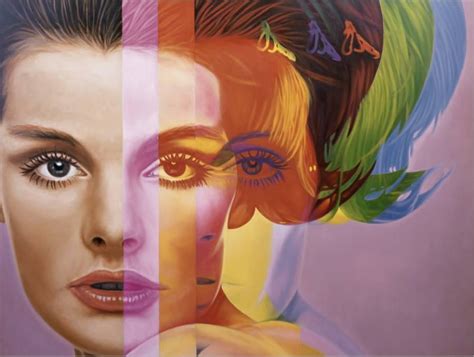A Quote by Virginia Woolf
At last she shut the book sharply, lay back, and drew a deep breath, expressive of the wonder which always marks the transition from the imaginary world to the real world.
Related Quotes
Gazing around, looking up at the lofty pinnacles above, which seemed to pierce the sky, looking down upon the world,-\-\it seemed the whole world, so limitless it stretched away at her feet,-\-\feeling that infinite unspeakable sense of nearness to Heaven, remoteness from earth which comes only on mountain heights, she drew in a long breath of delight, and cried: "At last! at last, Alessandro! Here we are safe! This is freedom! This is joy!
But Sam turned to Bywater, and so came back up the Hill, as day was ending once more. And he went on, and there was yellow light, and fire within; and the evening meal was ready, and he was expected. And Rose drew him in, and set him in his chair, and put little Elanor upon his lap. He drew a deep breath. ‘Well, I’m back,’ he said
One might think this means that imaginary numbers are just a mathematical game having nothing to do with the real world. From the viewpoint of positivist philosophy, however, one cannot determine what is real. All one can do is find which mathematical models describe the universe we live in. It turns out that a mathematical model involving imaginary time predicts not only effects we have already observed but also effects we have not been able to measure yet nevertheless believe in for other reasons. So what is real and what is imaginary? Is the distinction just in our minds?
I think," Tehanu said in her soft, strange voice, "that when I die, I can breathe back the breath that made me live. I can give back to the world all that I didn't do. All that I might have been and couldn't be. All the choices I didn't make. All the things I lost and spent and wasted. I can give them back to the world. To the lives that haven't been lived yet. That will be my gift back to the world that gave me the life I did live, the love I loved, the breath I breathed.
It can be demonstrated that the child's contact with the real world is strengthened by his periodic excursions into fantasy. It becomes easier to tolerate the frustrations of the real world and to accede to the demands of reality if one can restore himself at intervals in a world where the deepest wishes can achieve imaginary gratification.
Once you realize that the world is your own projection, you are free of it. You need not free yourself of a world that does not exist, except in your own imagination! However is the picture, beautiful or ugly, you are painting it and you are not bound by it. Realize that there is nobody to force it on you, that it is due to the habit of taking the imaginary to be real. See the imaginary as imaginary and be free of fear.
Phonogram was explicitly about our world. It’s a fantasy which is happening around us all, unnoticed except for those who’ve fallen into its world. In a real way, it’s real. Conversely, W+D is much more overt. The appearance of the gods changes the world, and has changed the world going back. There’s the strong implication that certain figures in our world simply didn’t exist in The Wicked And The Divine‘s world, because they were replaced by a god.
That queen, of error, whom we call fancy and opinion, is the more deceitful because she does not always deceive. She would be the infallible rule of truth if she were the infallible rule of falsehood; but being only most frequently in error, she gives no evidence of her real quality, for she marks with the same character both that which is true and that which is false.


































